On 8-13 June of this year, the Executive Committee of the World Council of Churches (WCC) paid a visit to Armenia,[1] and met with both the President of Armenia Serzh Sargsyan and Catholicos Karekin II, who is in essence the head of the Armenian Apostolic Church (AAC) and thus the spiritual leader of all Orthodox Armenians.
For clarification, “[the] WCC is an international organization consisting of various [non-Catholic] Christian churches [including the AAC] and church associations from around the world. … It is the most extensive and inclusive ecumenical movement organization in the world; a movement that calls for Christian unity.”[2] In terms of its size and extent, next to the Roman Catholic Church, it is the leading Christian organization in the world.
For its visit to Armenia, WCC issued a statement that highlighted the genocide narrative regarding the events of 1915.[3] The statement indicated that the WCC considers that “genocide” is the appropriate term to use for what happened in 1915, that the world community must do its part recognizing the “genocide” and thus prevent future atrocities, and that WCC members will continue to assist Armenians in their efforts commemorate the centennial of the events of 1915 as genocide.
It should be noted that “[this] is not the first time that the WCC has involved itself in the Armenian claims of genocide. Since 1983, the WCC has engaged in various activities related to the recognition and propagation of the so-called Armenian genocide.”[4] Most recently, the WCC had shown its dissatisfaction with the verdict of the Perincek v. Switzerland case seen at the European Court of Human Rights (ECHR). It had engaged in lobbying to pressure Switzerland to appeal the verdict and have the case seen at the Grand Chamber of the ECHR.
As is evident from WCC’s most recent statement, the organization will continue to pursue this issue in the centenary of the events of 1915. This drive is augmented by the fact that one of WCC’s current presidents is none other than Karekin II, who considers the promotion of the events of 1915 as genocide to be one of the goals of his presidency.[5]
The WCC possesses a Christian crusader-like mentality when dealing with an issue that involves the “Muslim Turks”. When one analyzes WCC’s discourse regarding the events of 1915, it becomes evident that it blindly accepts everything that its member the AAC tells regarding the events of 1915 as truth, and is unhesitant in hurling accusations against Turkey. In terms of this issue, the WCC’s goal of fostering Christian unity quickly degenerates into a hostile attempt at ganging up on Muslim Turkey. Furthermore, WCC’s hostile demeanor regarding this issue ends up serving nothing more than inciting religious and ethnic animosity towards Muslims and Turkish people.
Knowing full well that their genocide narrative regarding the World War I war-time losses of Armenians crumbles when scrutinized from a historical and legal perspective (the dispute over the events of 1915 is primarily a historical and legal issue), Armenians and their supporters attempt to further their genocide narrative through politics and lobbying. In this context, religion is employed to augment Armenians’ and their supporters’ political efforts. This is not new; there are many cases throughout history in which religion has been employed and abused in the service of political ambitions and campaigns.
The WCC is purposefully used here to involve a Christian organization and therefore drag religion into the issue. As such, in terms of this issue, the spiritual values that the WCC defends actually degenerate into an unethical tool for the propagation of the heavily politicized genocide narrative employed Armenians and their supporters.
[4] Tulun, “What is the World Council of Churches?”
[5] Tulun, “What is the World Council of Churches?”
© 2009-2025 Center for Eurasian Studies (AVİM) All Rights Reserved
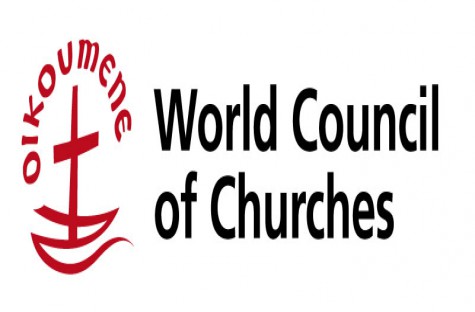
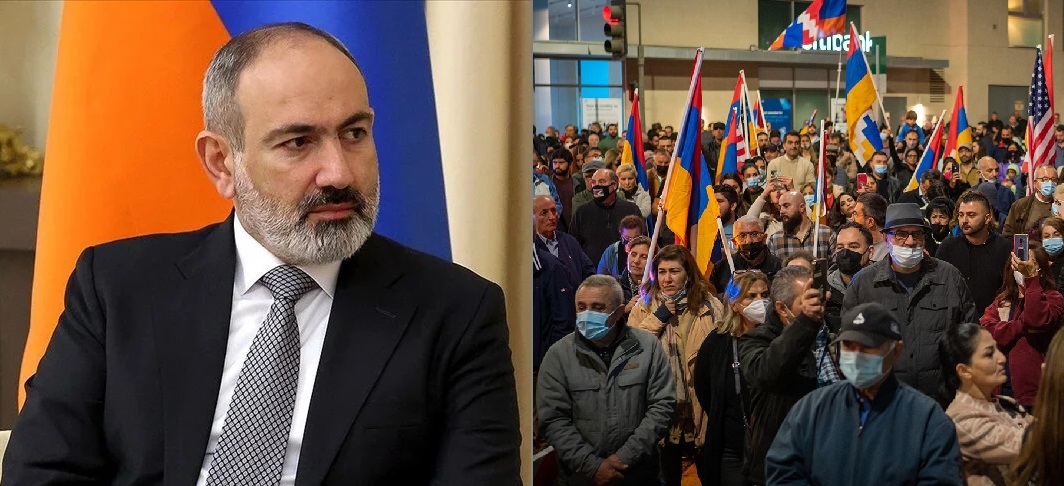 THE DIVERGENT AGENDAS OF THE ARMENIAN GOVERNMENT AND THE DIASPORA
THE DIVERGENT AGENDAS OF THE ARMENIAN GOVERNMENT AND THE DIASPORA
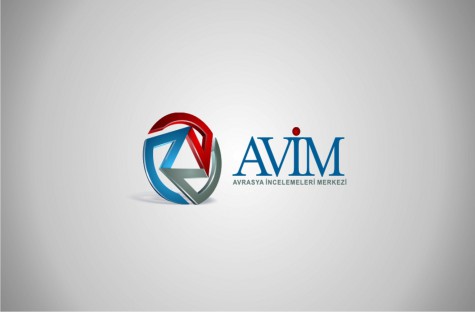 PARADOXICAL COOPERATION: CSTO MEMBER ARMENIA CONDUCTS MILITARY EXERCISES WITH NATO
PARADOXICAL COOPERATION: CSTO MEMBER ARMENIA CONDUCTS MILITARY EXERCISES WITH NATO
 NAGORNO-KARABAKH AND CRIMEA: A COMPARISON OF DOUBLE STANDARDS
NAGORNO-KARABAKH AND CRIMEA: A COMPARISON OF DOUBLE STANDARDS
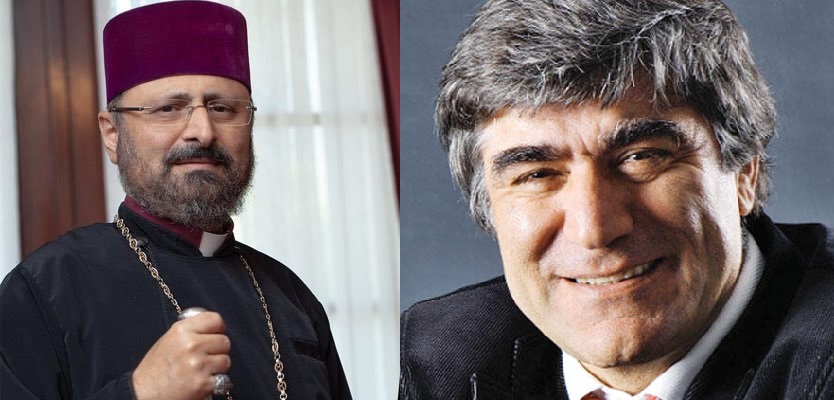 ATTEMPTS AT DIASPORIZING TURKISH ARMENIANS - IV
ATTEMPTS AT DIASPORIZING TURKISH ARMENIANS - IV
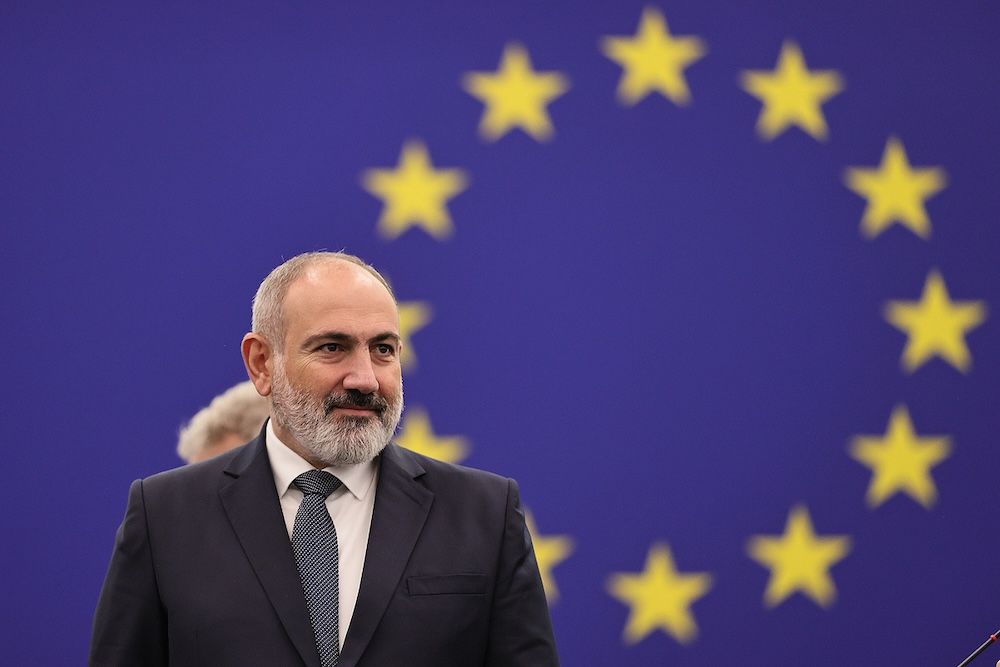 AZERBAIJAN-ARMENIA PEACE TREATY PROCESS AND ATTEMPTS TO UNDERMINE TÜRKİYE-AZERBAIJAN RELATIONS
AZERBAIJAN-ARMENIA PEACE TREATY PROCESS AND ATTEMPTS TO UNDERMINE TÜRKİYE-AZERBAIJAN RELATIONS
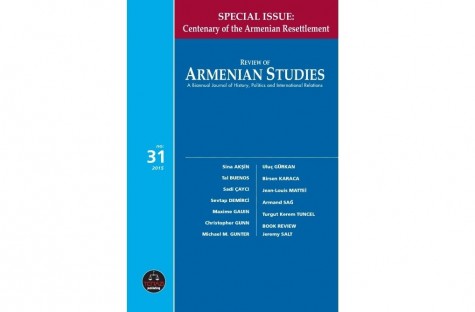 CALL FOR PAPERS: REVIEW OF ARMENIAN STUDIES (ISSUE #32)
CALL FOR PAPERS: REVIEW OF ARMENIAN STUDIES (ISSUE #32)
 IRAN, KAZAKHSTAN, TURKMENISTAN AND CHINA: REGIONAL CONNECTIVITY
IRAN, KAZAKHSTAN, TURKMENISTAN AND CHINA: REGIONAL CONNECTIVITY
THE WITHDRAWAL OF THE PROTOCOLS FROM THE ARMENIAN PARLIAMENT
 APEC LIMA SUMMIT
APEC LIMA SUMMIT




























